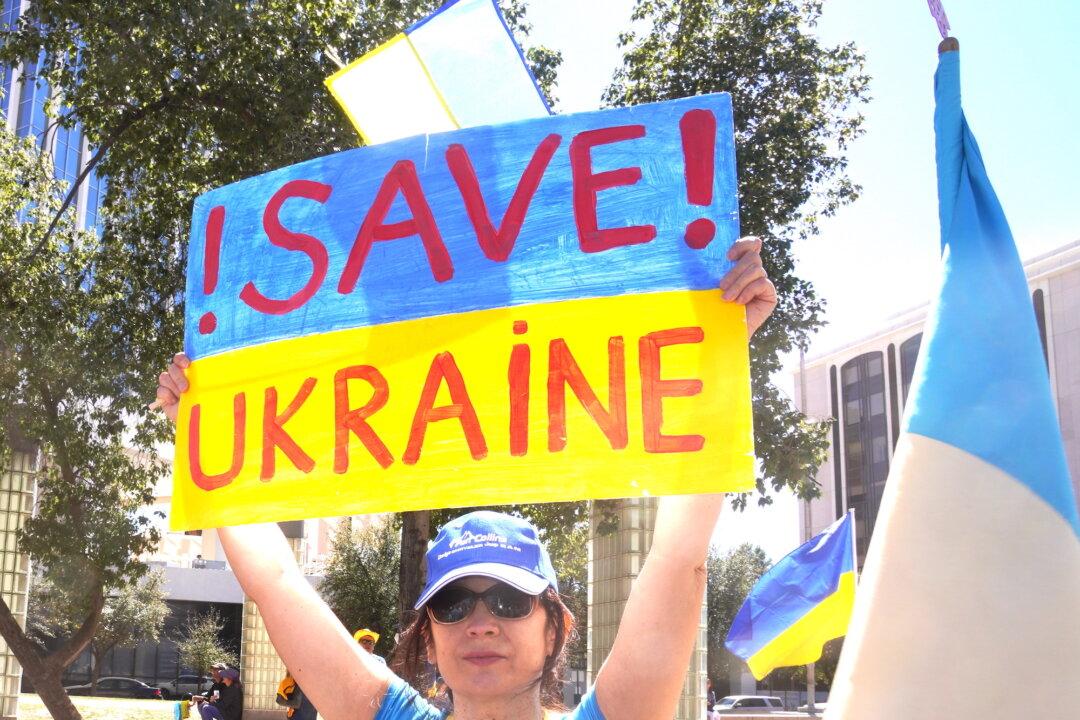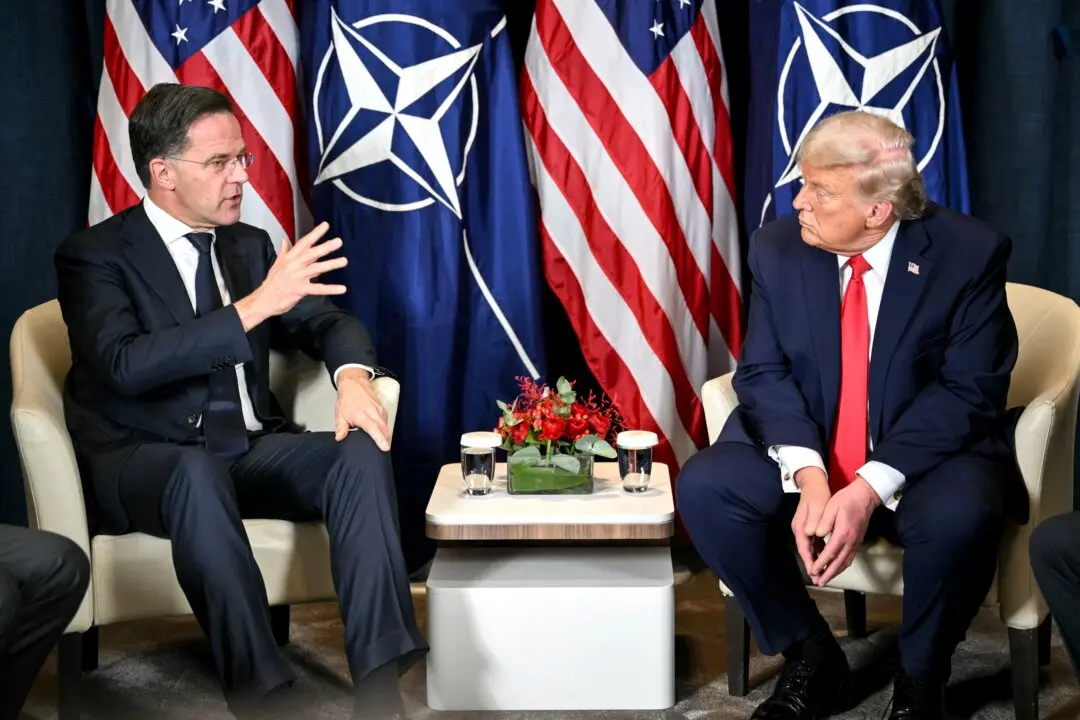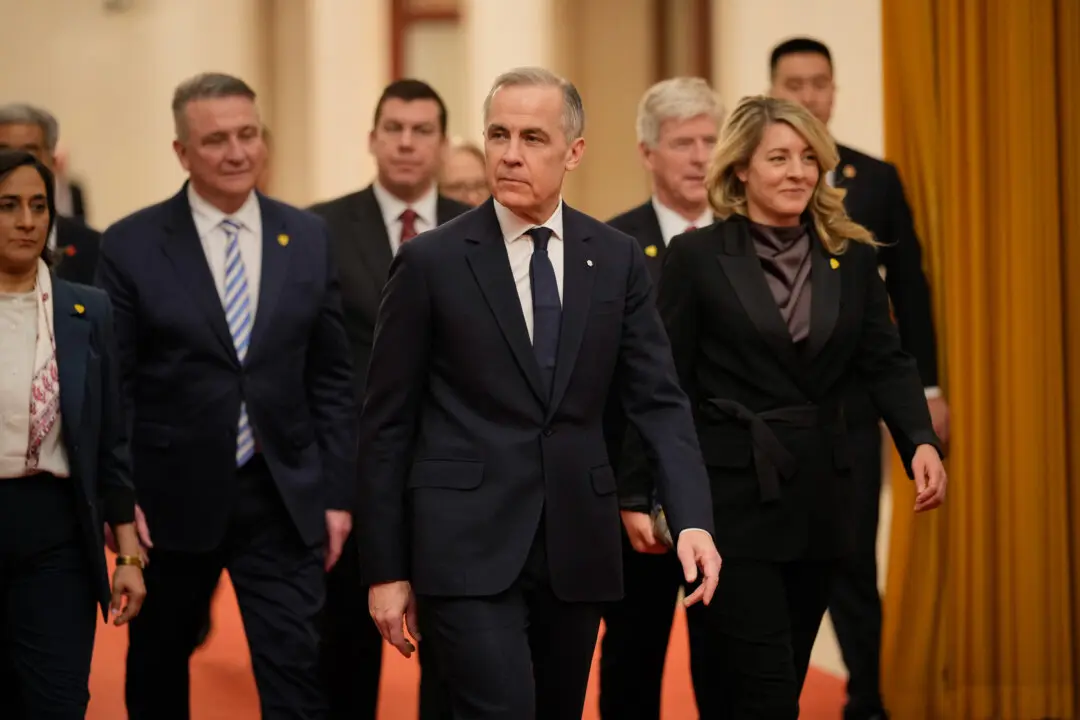Commentary
All of modern history could be ransacked in vain to find a more ludicrously implausible and self-defeating policy than the Biden administration’s deliberate suppression of American oil and gas production, which has scorched the world oil price upwards and financed the barbarous Russian invasion of Ukraine that the United States rightly condemns and vigorously opposes.





